Peaceful Settlement of International Disputes
Introduction
Article 2, paragraph 3 of the UN Charter mandates that all Member States must resolve their international disputes through peaceful means, ensuring that such disputes do not threaten international peace, security, or justice. The UN General Assembly, in its 1982 Manila Declaration on the Peaceful Settlement of Disputes, emphasized the importance of resolving conflicts between States exclusively through peaceful methods. It stressed that peaceful dispute resolution should be a priority for both States and the United Nations.
Settlement of International Disputes
Pacific Settlement of Disputes
Chapter VI of the UN Charter, titled "Pacific Settlement of Disputes," outlines the obligations of parties and grants various dispute resolution powers to the Security Council.
- Article 35: Allows any state to bring a dispute to the attention of the Security Council or the General Assembly.
- Article 36: Empowers the Security Council to recommend appropriate procedures or methods of adjustment at any stage of a dispute that could threaten international peace or security. The Council should consider referring legal disputes to the International Court of Justice as a general practice.
- Article 37: Mandates that if parties to a dispute fail to settle it through the means outlined in Article 33, they must refer it to the Security Council. If the Council determines that the dispute threatens international peace and security, it will decide whether to take action under Article 36 or recommend appropriate terms for settlement.
- Article 38: States that, in addition to the provisions of Articles 33 to 37, the Security Council may make recommendations for the peaceful settlement of disputes if all parties involved request it.
The relationship between the principle of peaceful dispute settlement and other key principles of international law is underscored in both the Friendly Relations Declaration and the Manila Declaration, highlighting the following:
- The principle of non-use of force in international relations.
- The principle of non-intervention in the internal or external affairs of states.
- The principle of equal rights and self-determination of peoples.
- The principle of the sovereign equality of states.
- Principles related to the sovereignty, independence, and territorial integrity of states.
- The obligation to act in good faith in international relations.
- Principles of justice and international law.
Peaceful Means of Dispute Resolution
The means listed in Article 33 of the Charter include: negotiation, inquiry, mediation, conciliation, arbitration, judicial settlement, and resort to regional agencies or arrangements.
Negotiation
Negotiation is the process where states involved in a dispute resolve their issues directly between themselves, without the involvement of a third party. This method is preferred to prevent conflicts from escalating into violence or war. The discussions are usually handled by the political representatives of the disputing states.
Good Offices
Good offices involve a third party facilitating the start of negotiations between disputing states. The third party’s role is limited to bringing the parties together and does not involve offering suggestions or participating in the negotiation process. The third party's role ends once the disputing parties begin their own discussions.
Mediation
Mediation is a process where a third party actively participates in the discussions between disputing states, offering suggestions and helping them reach a settlement. The mediator works to find a compromise, focusing on resolving the issue rather than strictly adhering to legal principles.
Inquiry
Inquiry involves an impartial commission investigating the facts of a dispute. The purpose is to uncover the facts and analyze legal questions involved. The commission’s role is to shed light on the root causes of the dispute and provide clarity on the legal issues.
Conciliation
Conciliation refers to referring a dispute to a commission, which investigates the facts and prepares a report with proposals for settlement. The commission's proposals are not binding, and the parties can choose to accept or reject them.
Arbitration
Arbitration is a process where disputing parties agree to refer their dispute to a tribunal or panel of arbitrators for a binding legal decision. The key element of arbitration is the consent of the parties involved. International law recognizes the Permanent Court of Arbitration, although it is not a permanent court in the traditional sense.
Judicial Settlement
Judicial settlement involves resolving disputes through an international tribunal, such as the International Court of Justice (ICJ), based on international law. The ICJ provides binding decisions, and like arbitration, the consent of the disputing parties is necessary for the court to hear the case.
Security Council
The Security Council, a principal organ of the United Nations, can also settle disputes. It consists of 15 members, including five permanent and ten non-permanent members. The Security Council has significant powers to address disputes that threaten global peace and security.
General Assembly
The General Assembly, another principal organ of the United Nations, has the general power to discuss and recommend peaceful settlement of international disputes. It does not have specific methods for dispute resolution but plays a role in promoting peace.
Compulsive or Coercive Means
Compulsive or coercive methods involve using force or pressure to settle disputes. These measures may involve actions short of war but still exert significant pressure on a state to resolve the dispute.
Retorsion
Retorsion refers to retaliation by one state in response to an unfriendly act by another. It is based on the principle of "tit for tat" and involves taking legal but unfriendly actions. Retorsion is recognized under international law but is generally seen as an unfriendly act.
Reprisals
Reprisals involve using forceful measures by a state to secure redress or stop wrongdoing by another state. While reprisals were traditionally limited to seizing property or persons, they now include actions like bombardment or territory occupation. Reprisals are restricted under modern international law, particularly after the establishment of the United Nations.
Embargo
An embargo is the detention of ships or property, usually to exert economic or political pressure on another state. Embargoes can be civil, affecting a state’s own vessels, or hostile, targeting another state’s vessels. They can be applied individually or collectively, but they must not endanger international peace and security.
Pacific Blockade
A pacific blockade is when a state blocks another state’s coast to prevent the entry or exit of vessels, aiming to exert economic or political pressure without resorting to war. The legitimacy of pacific blockades has been debated, but their use has become illegal under international law after the creation of the United Nations.
Intervention
Intervention involves dictatorial interference by one state in the internal or external affairs of another. It is considered illegal unless justified under specific circumstances, such as humanitarian intervention or authorized by the UN Security Council.
Conclusion
Peace can only be maintained if states are willing to resolve disputes amicably. The consequences of unresolved disputes between states are far more significant than those between individuals. Therefore, states must commit to resolving disputes through peaceful means to ensure global stability.
Share
Tags
Archive
Popular & Recent Post






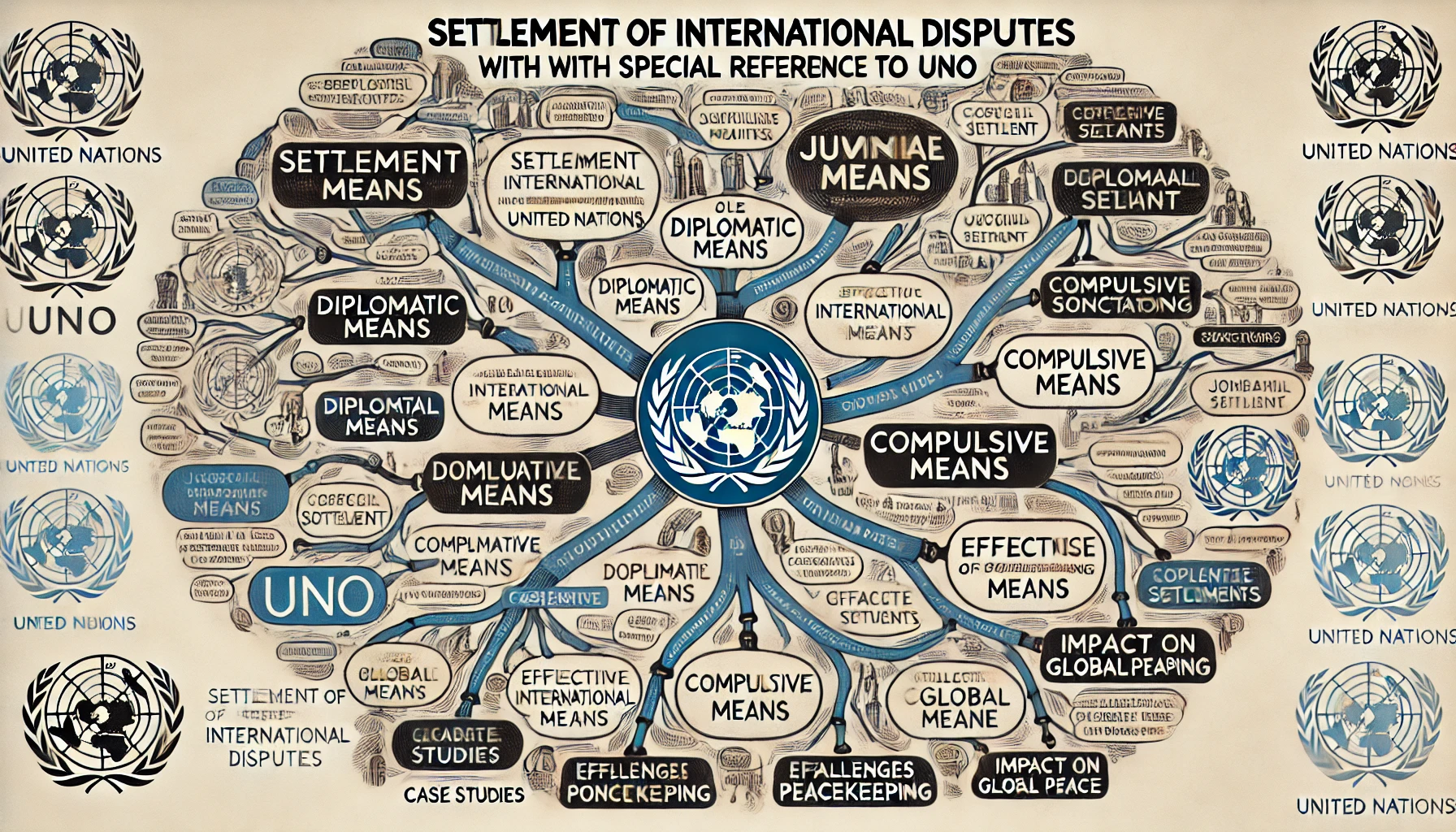
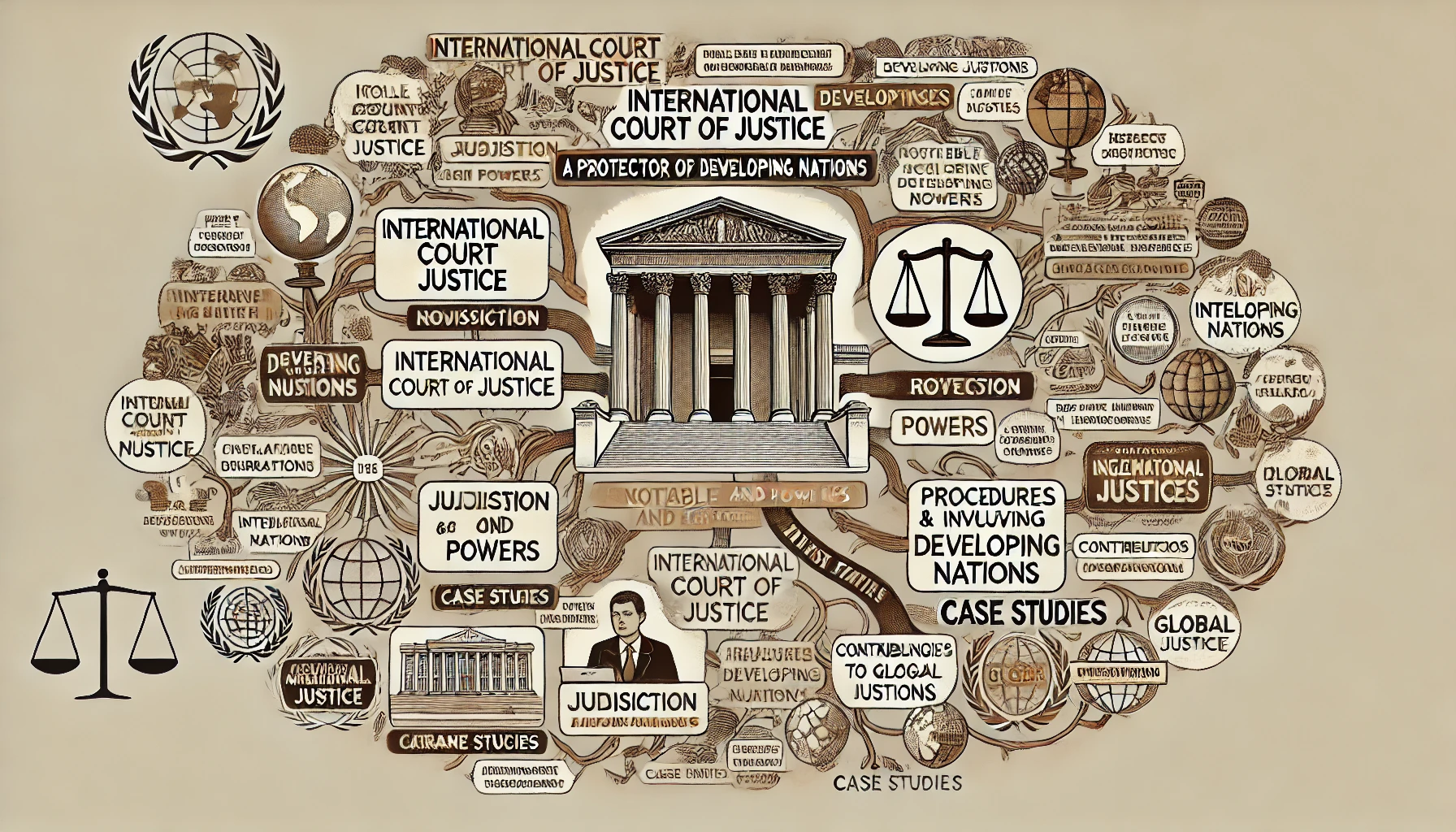
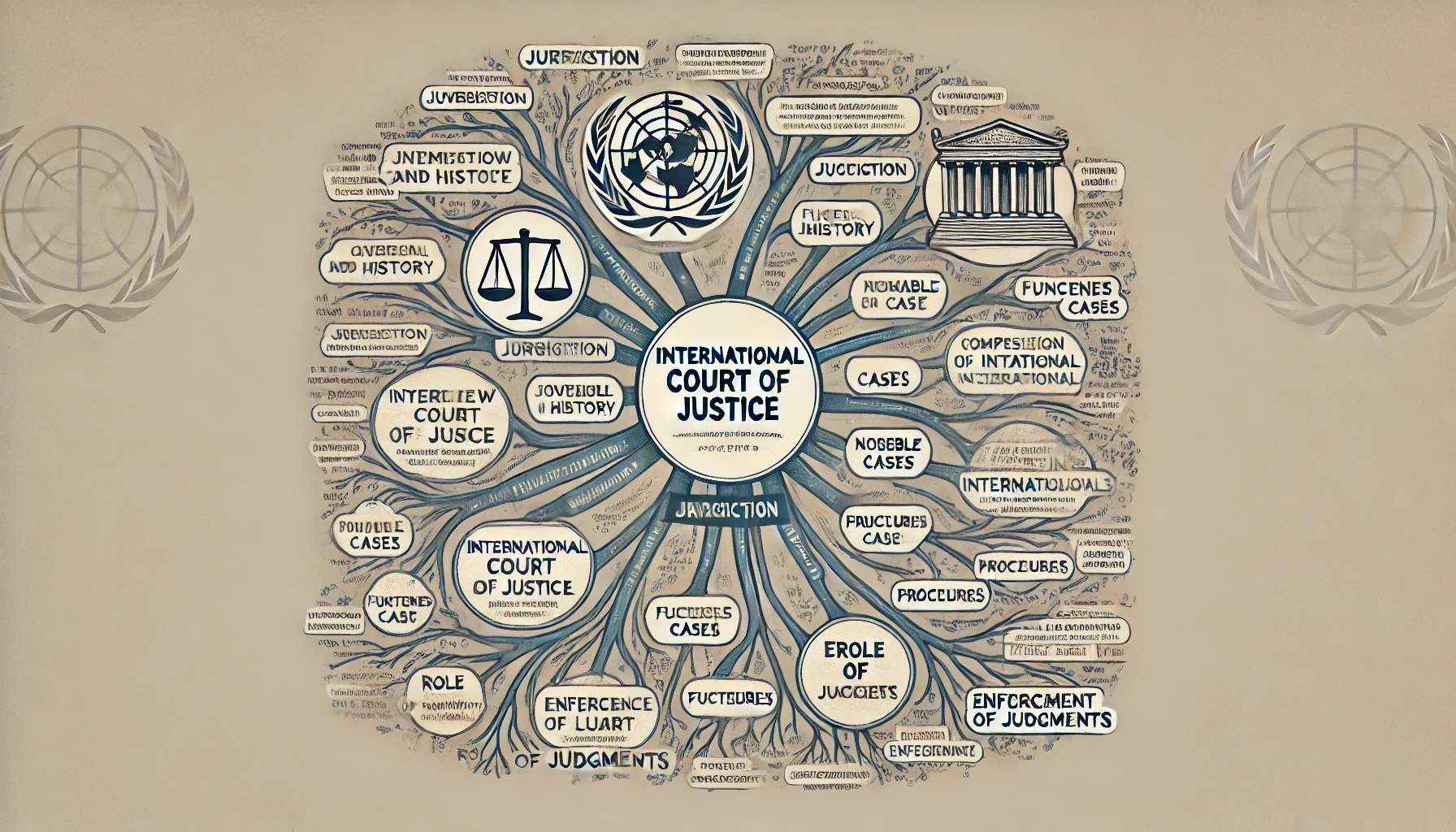
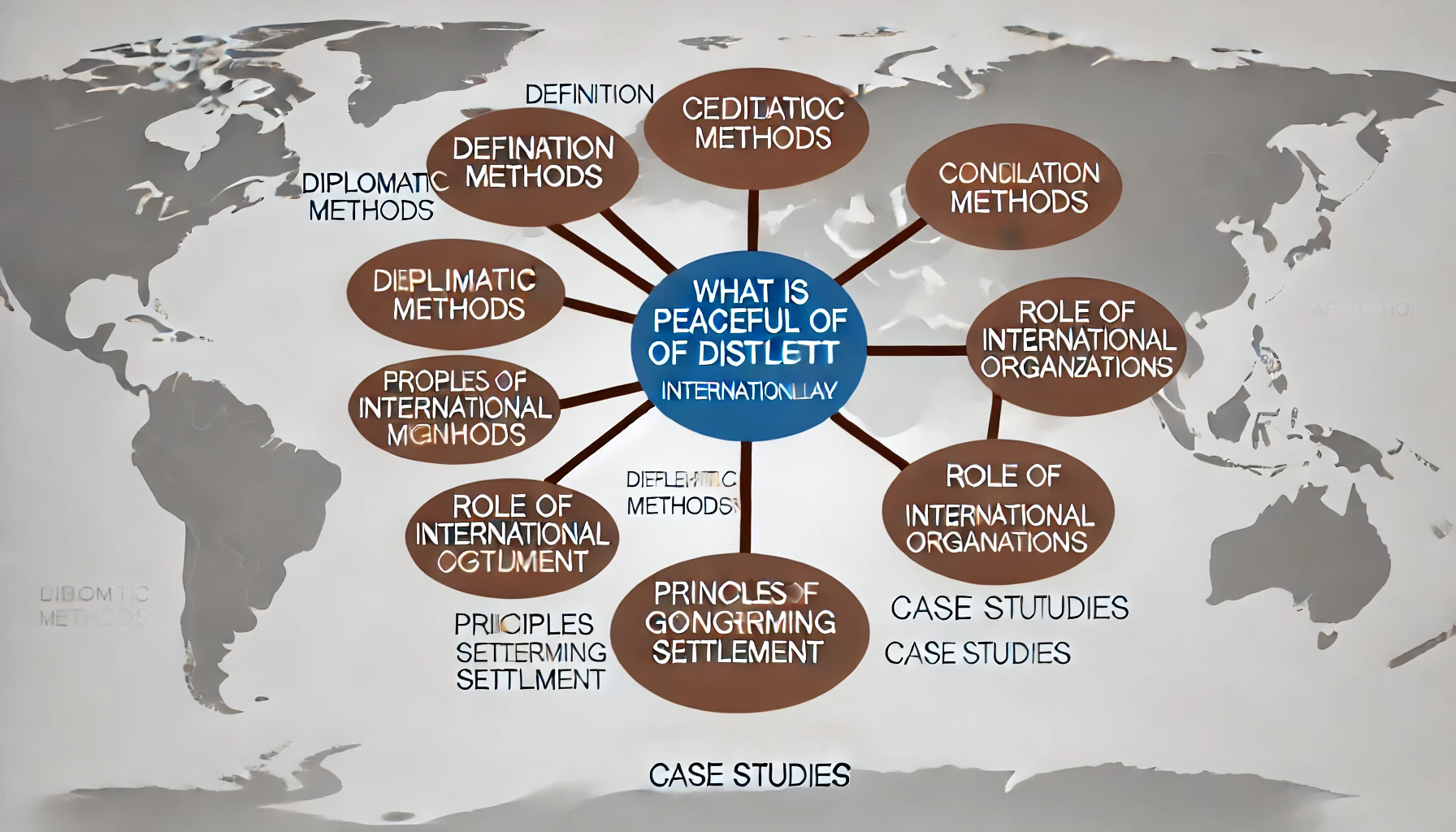

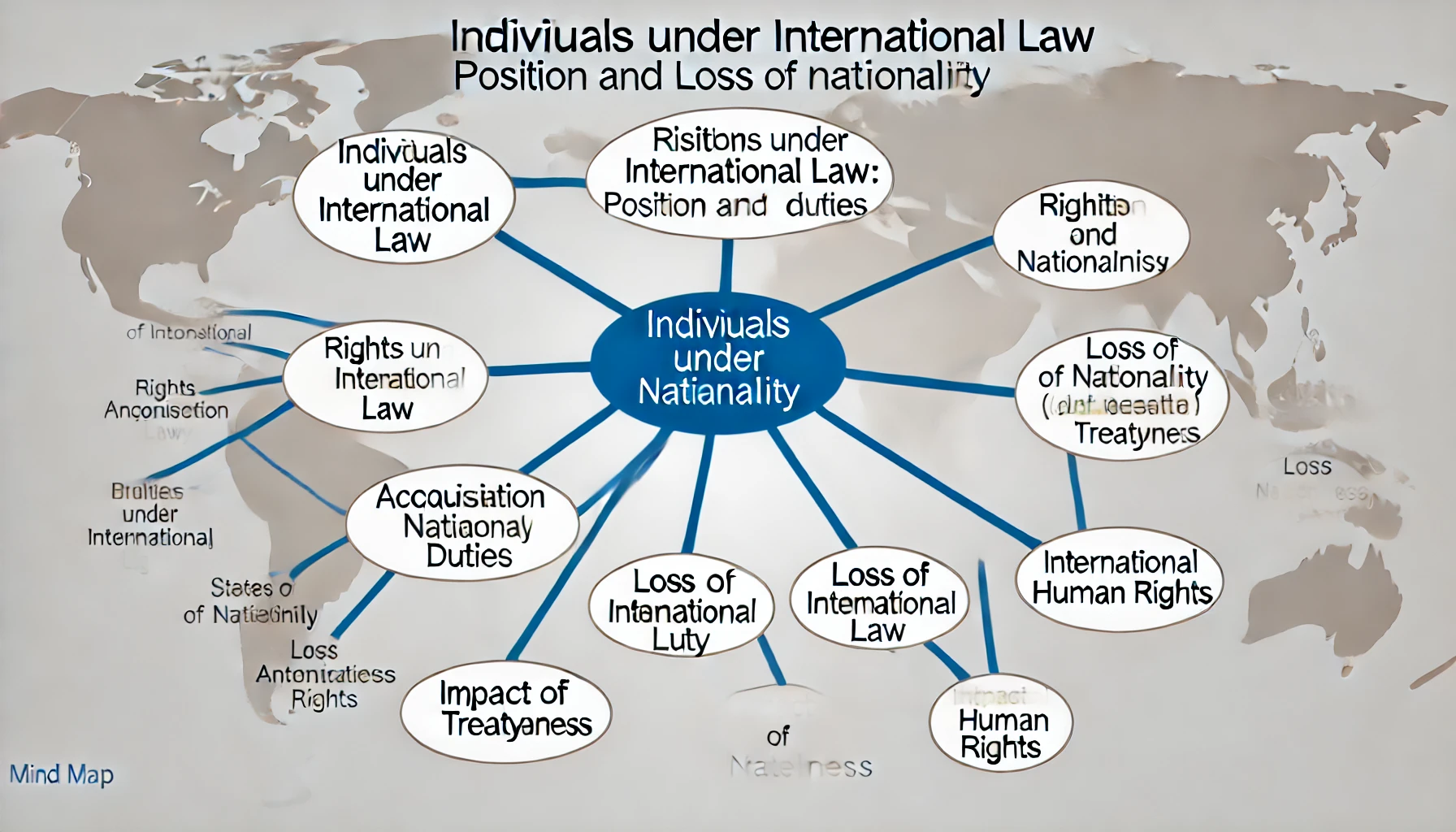
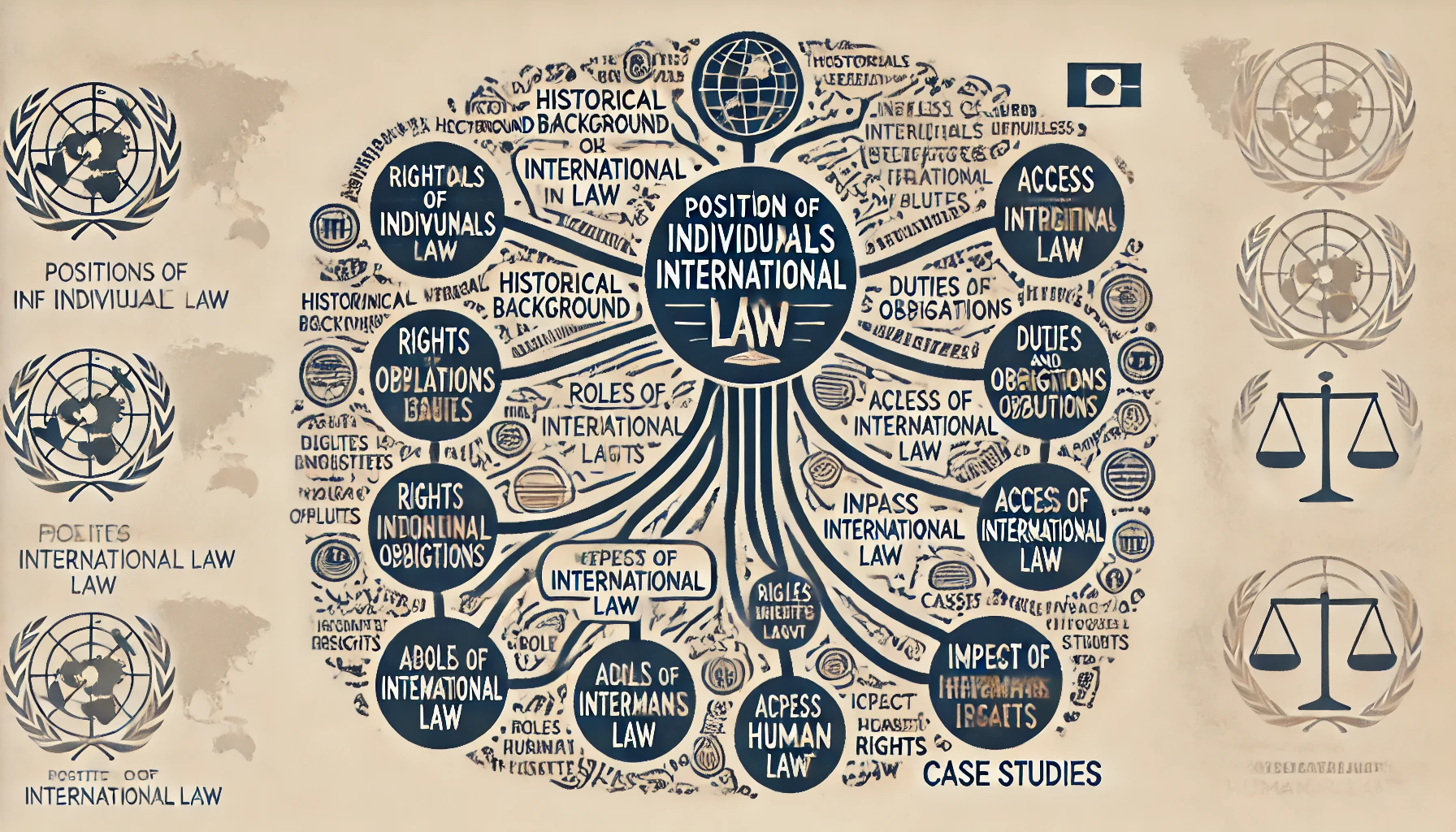
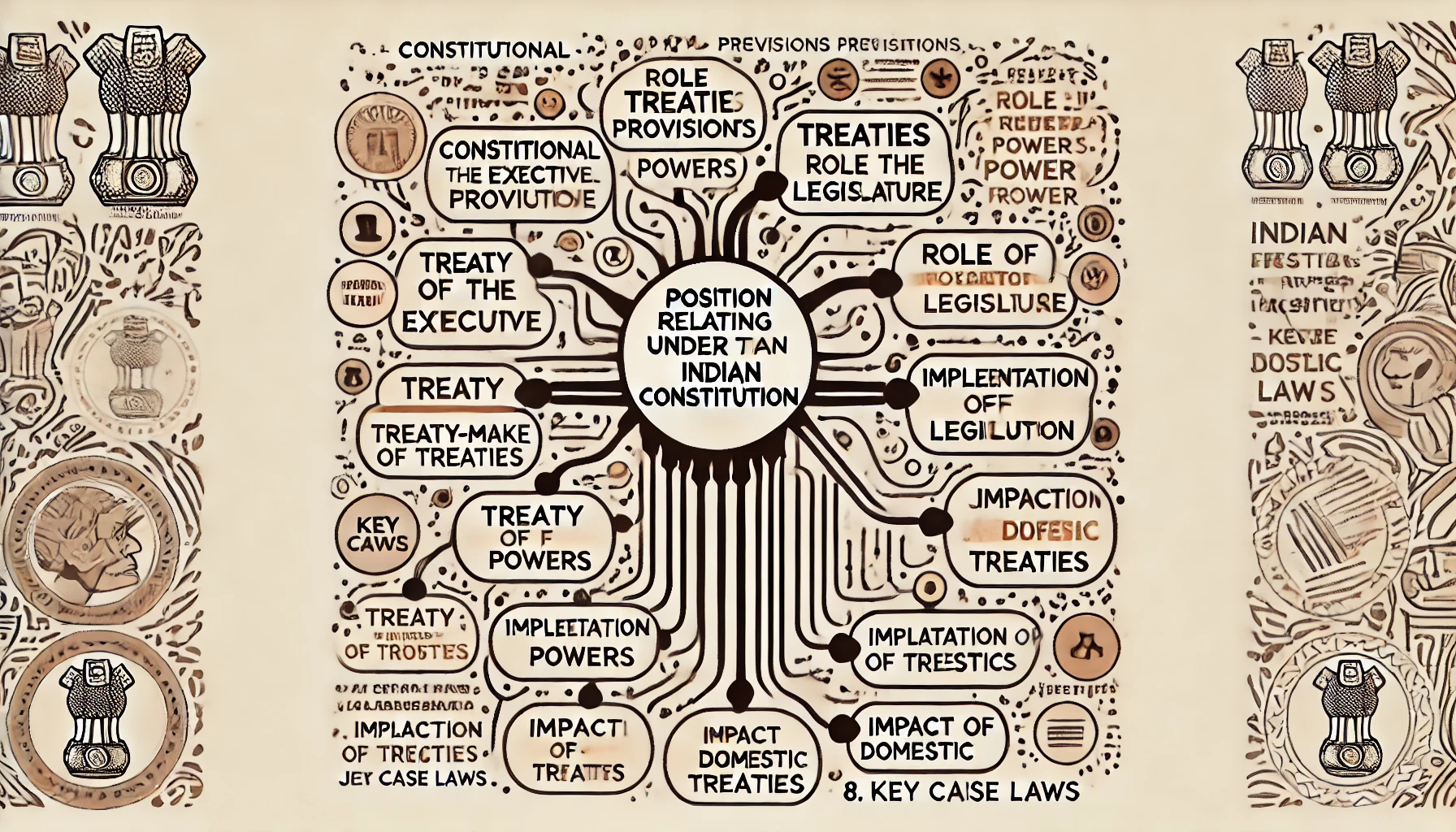

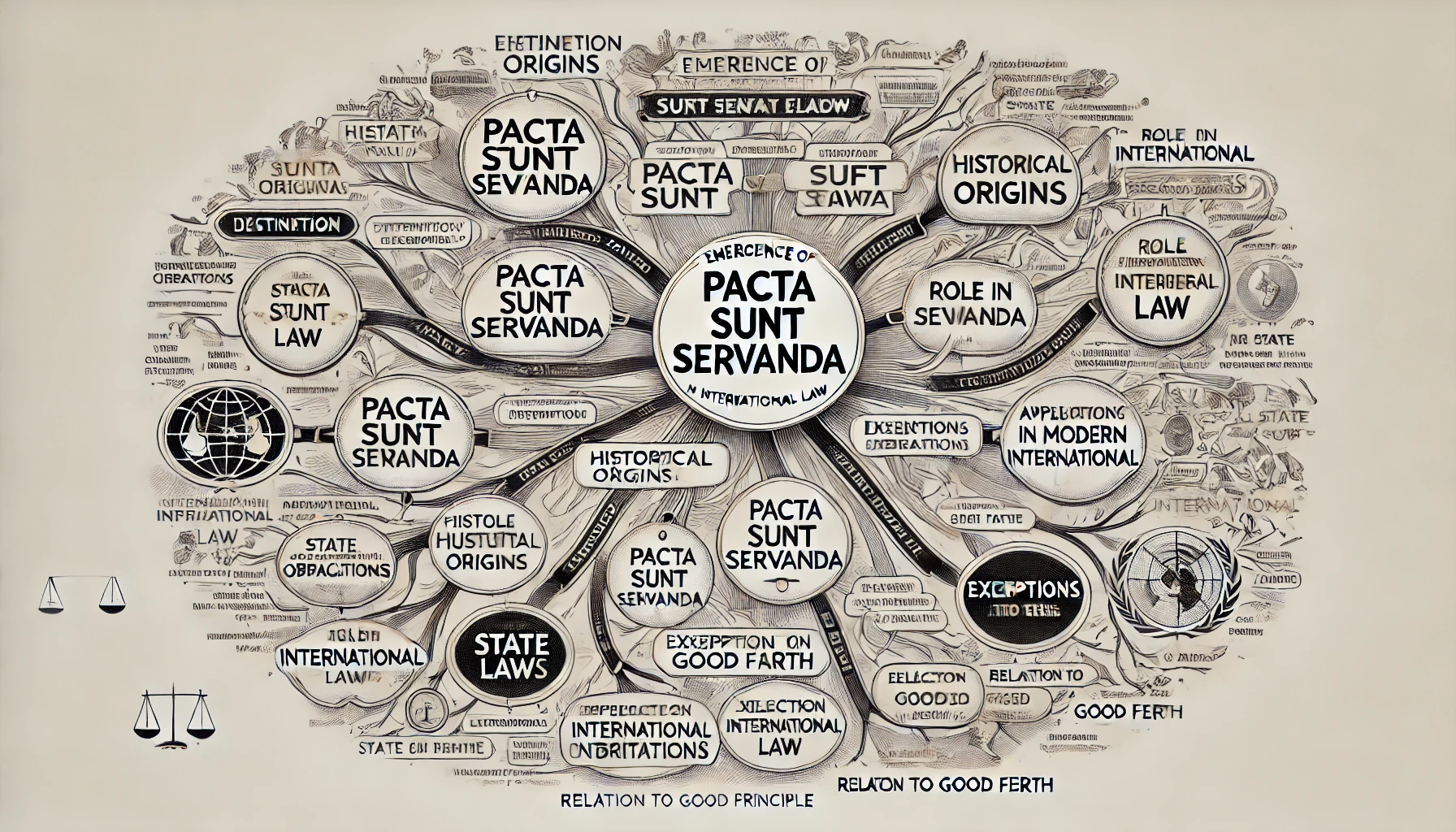
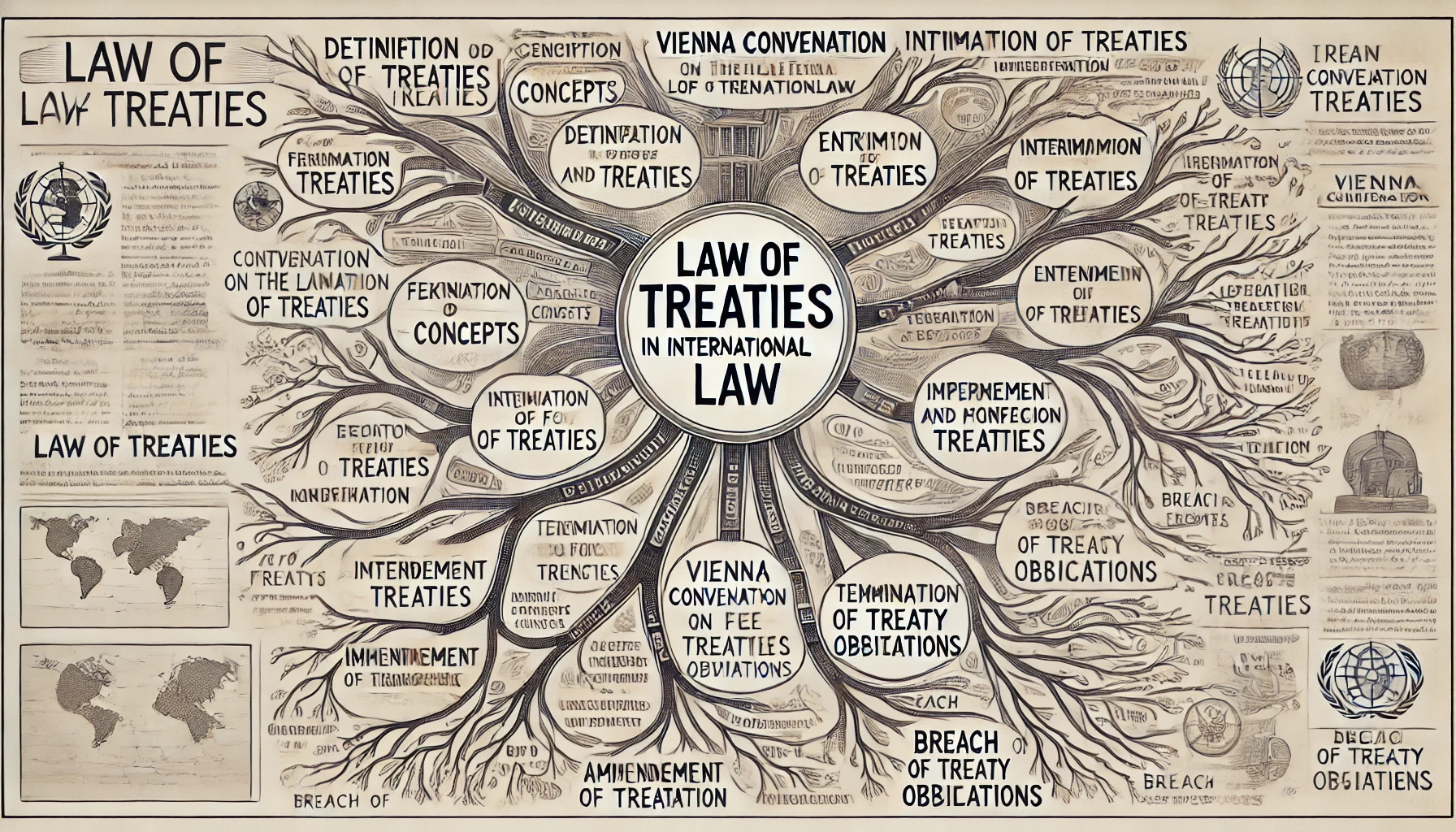
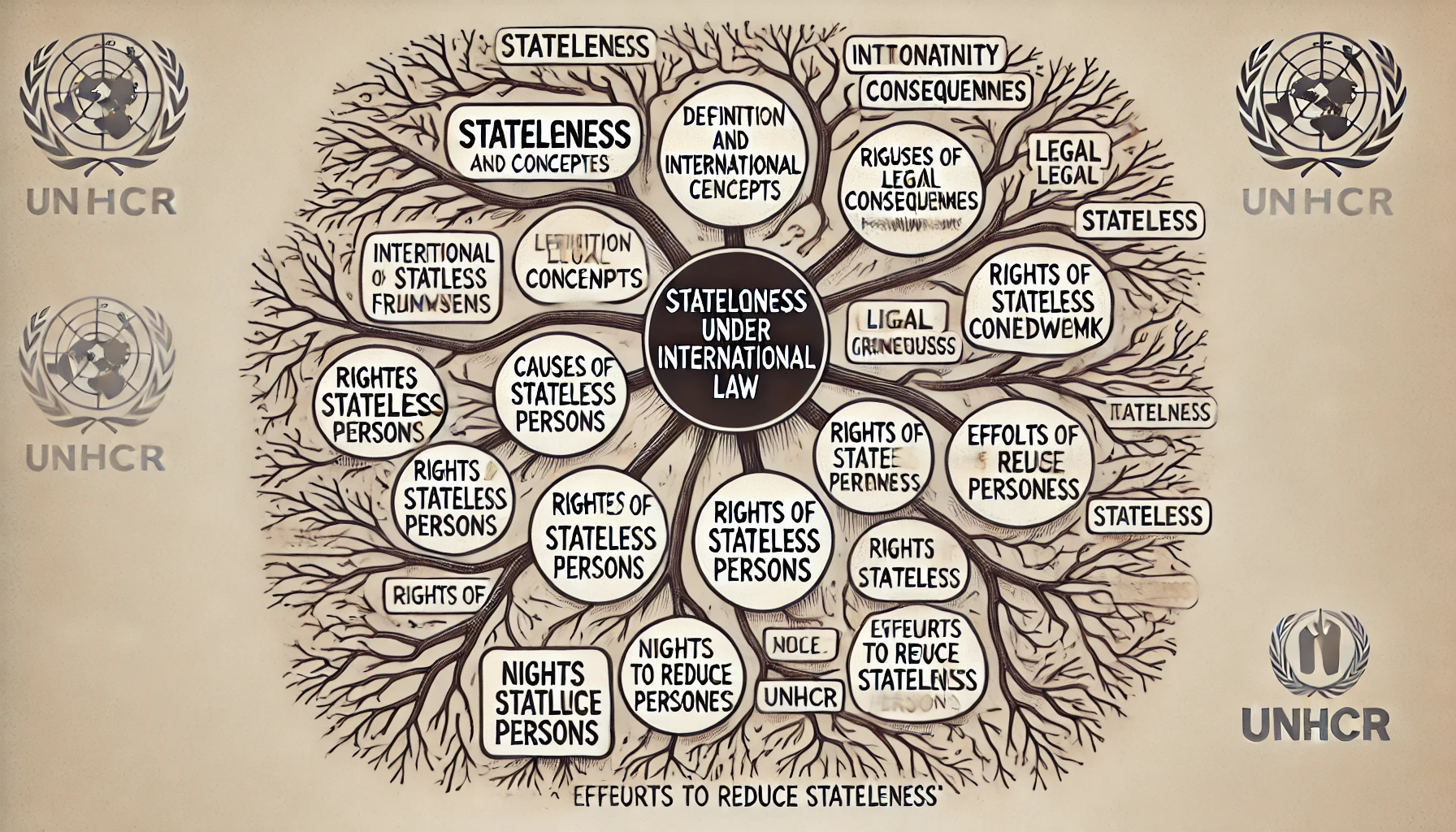
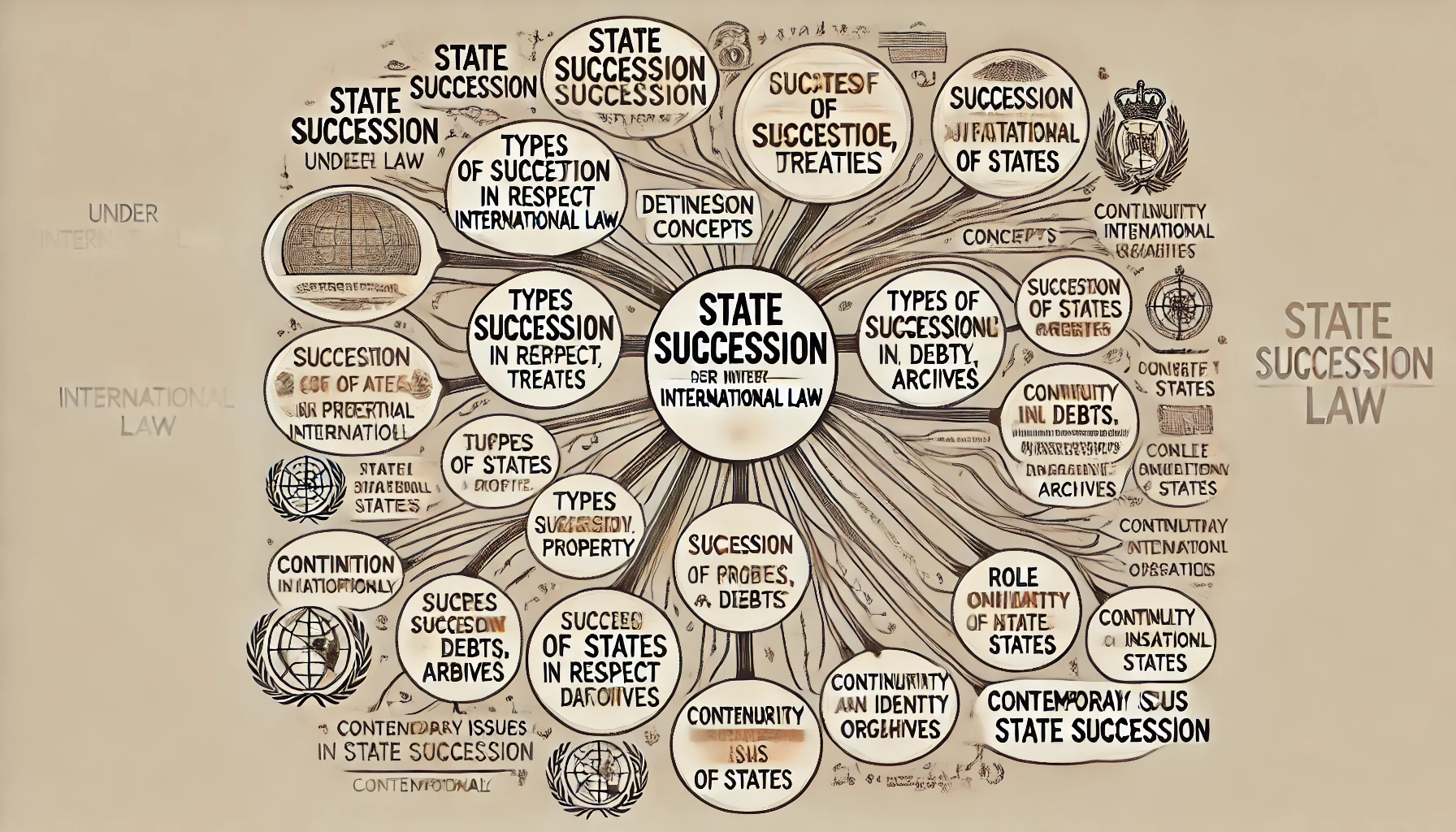
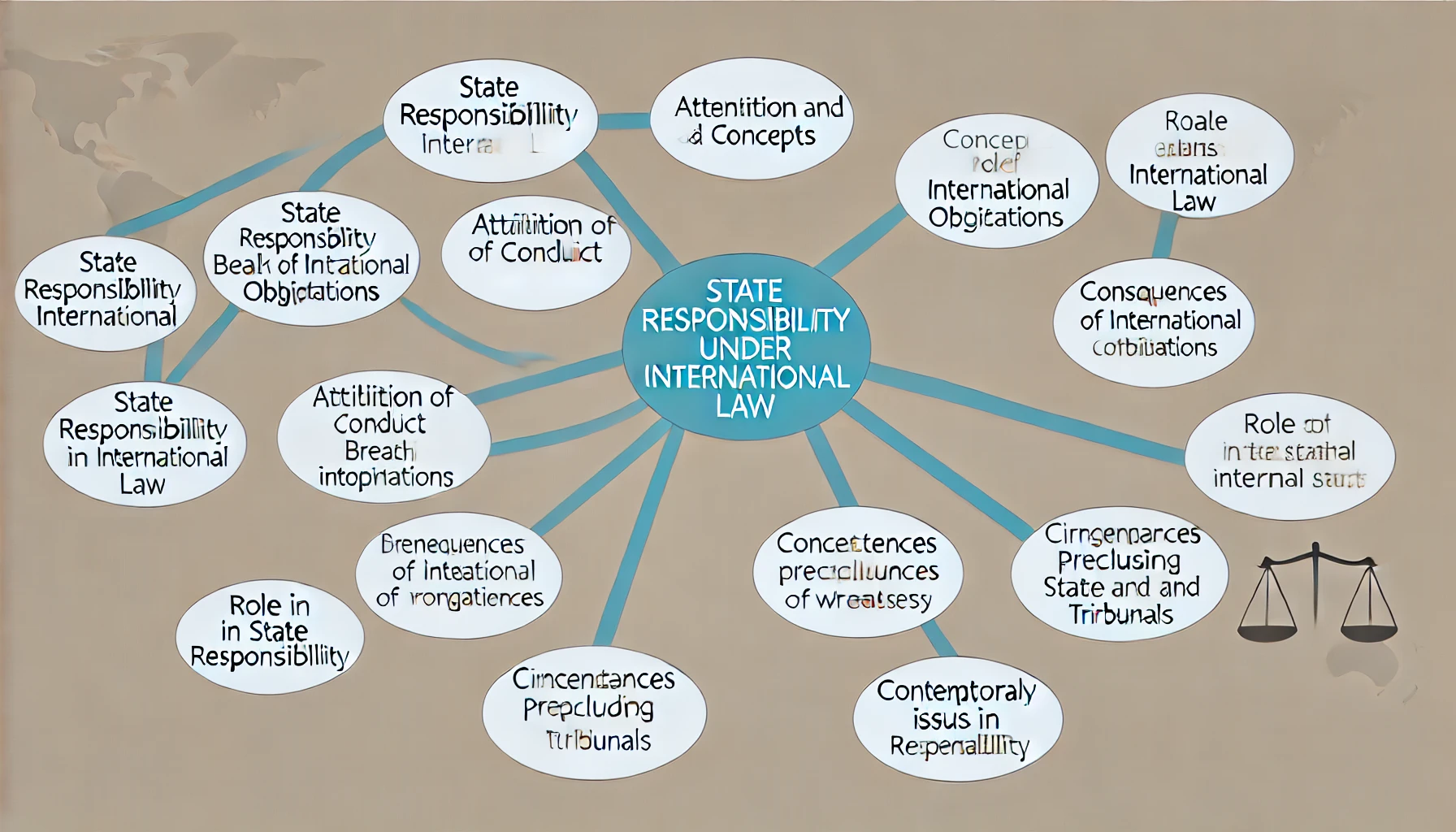
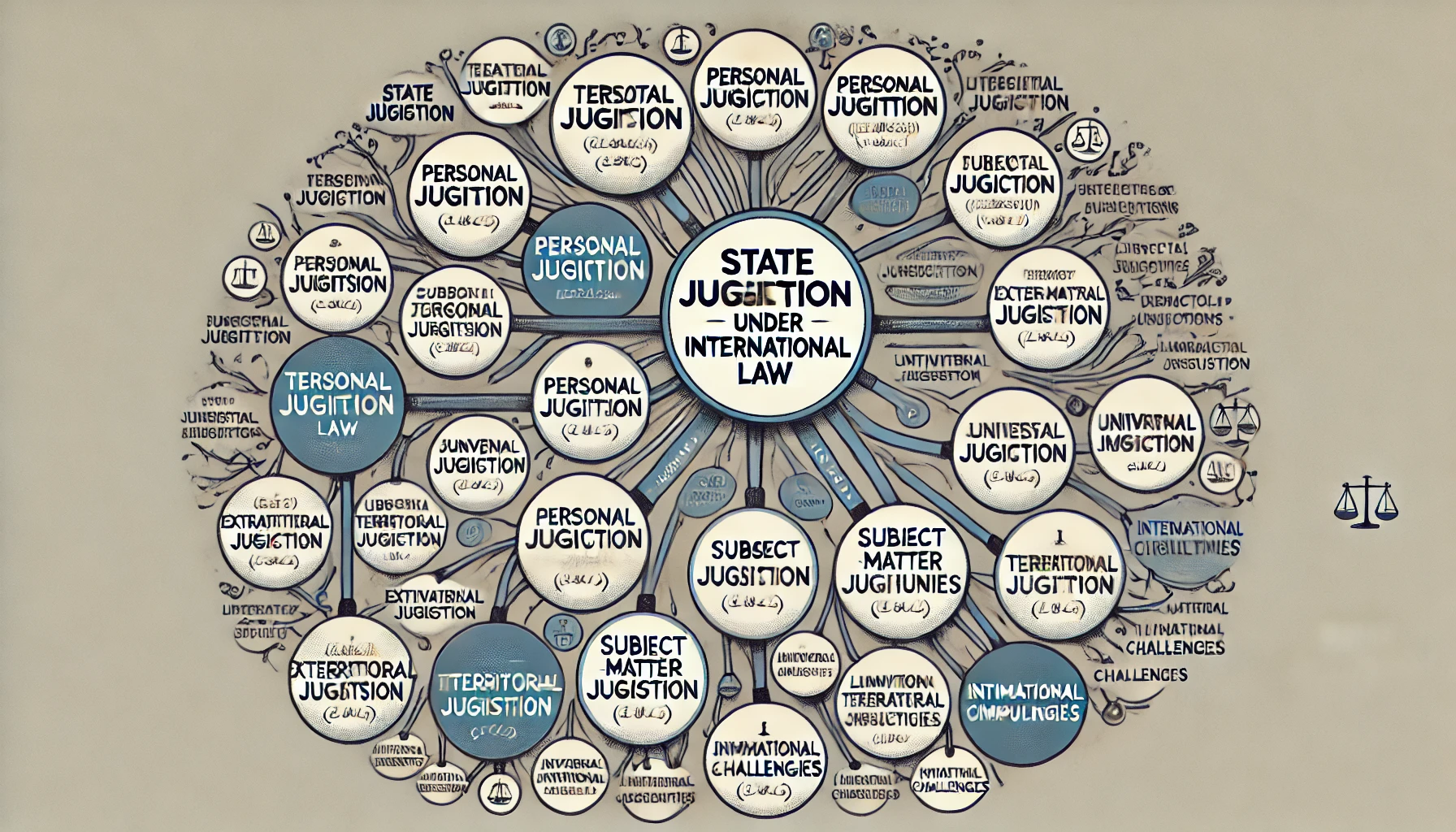
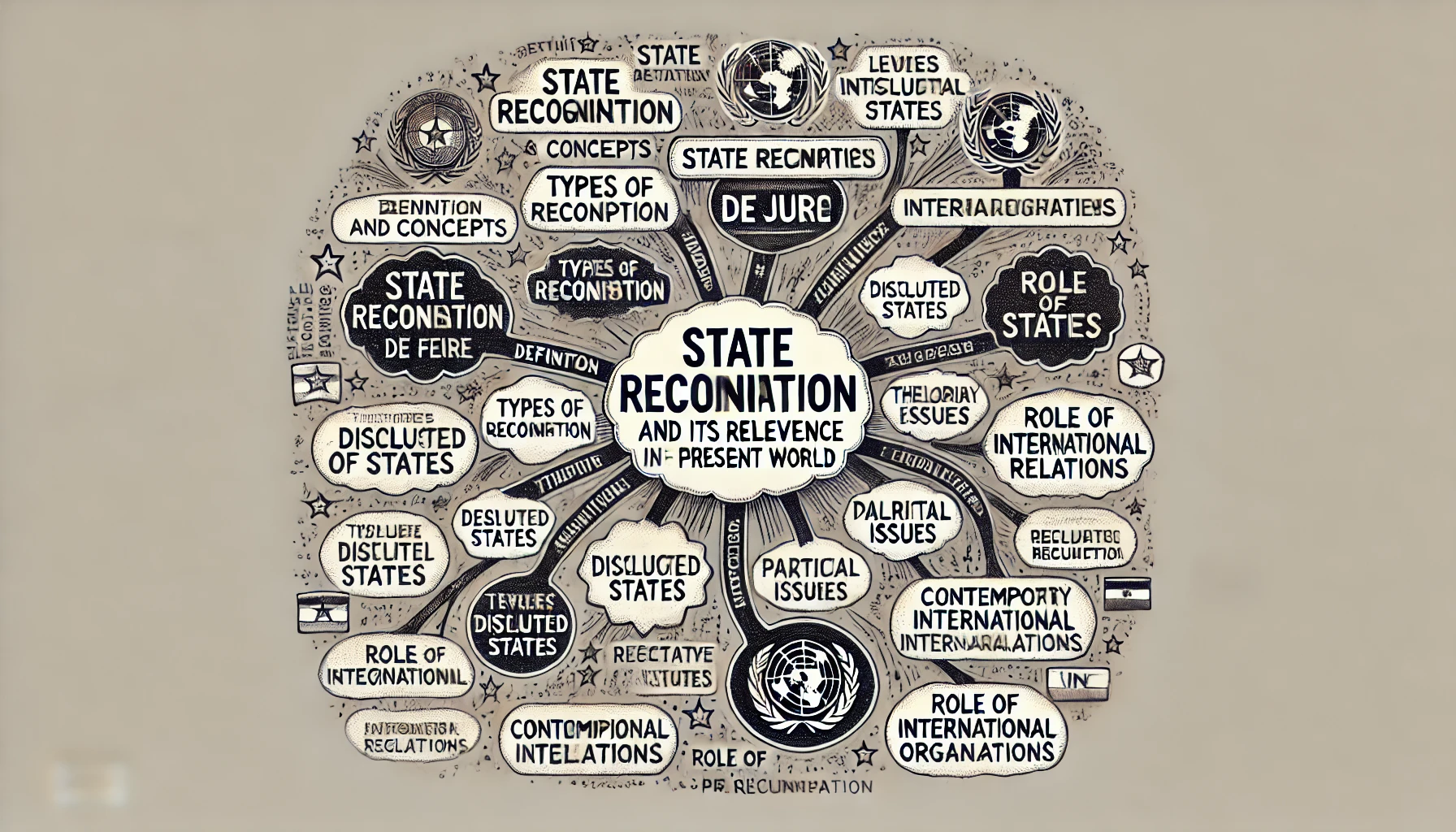
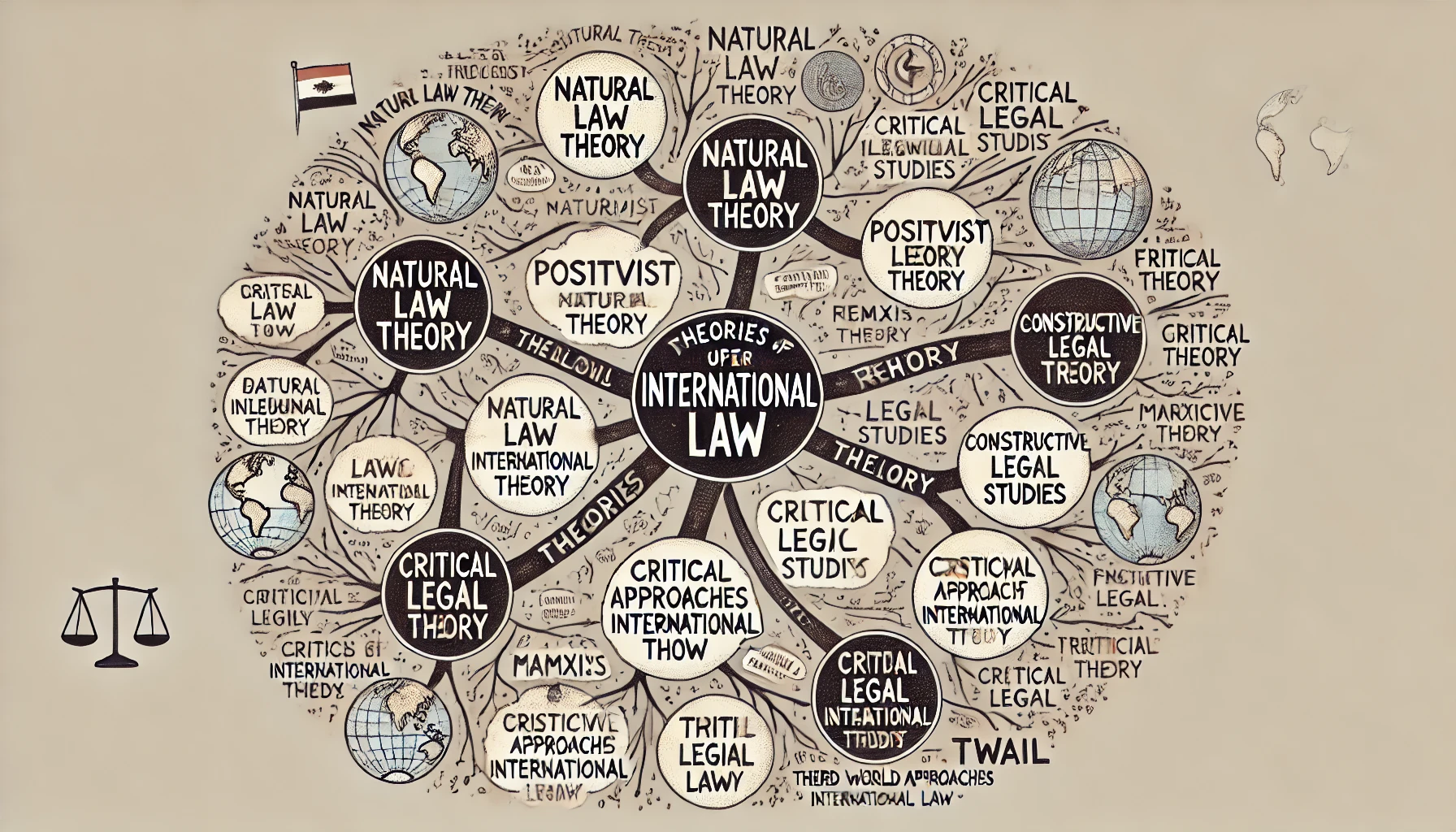
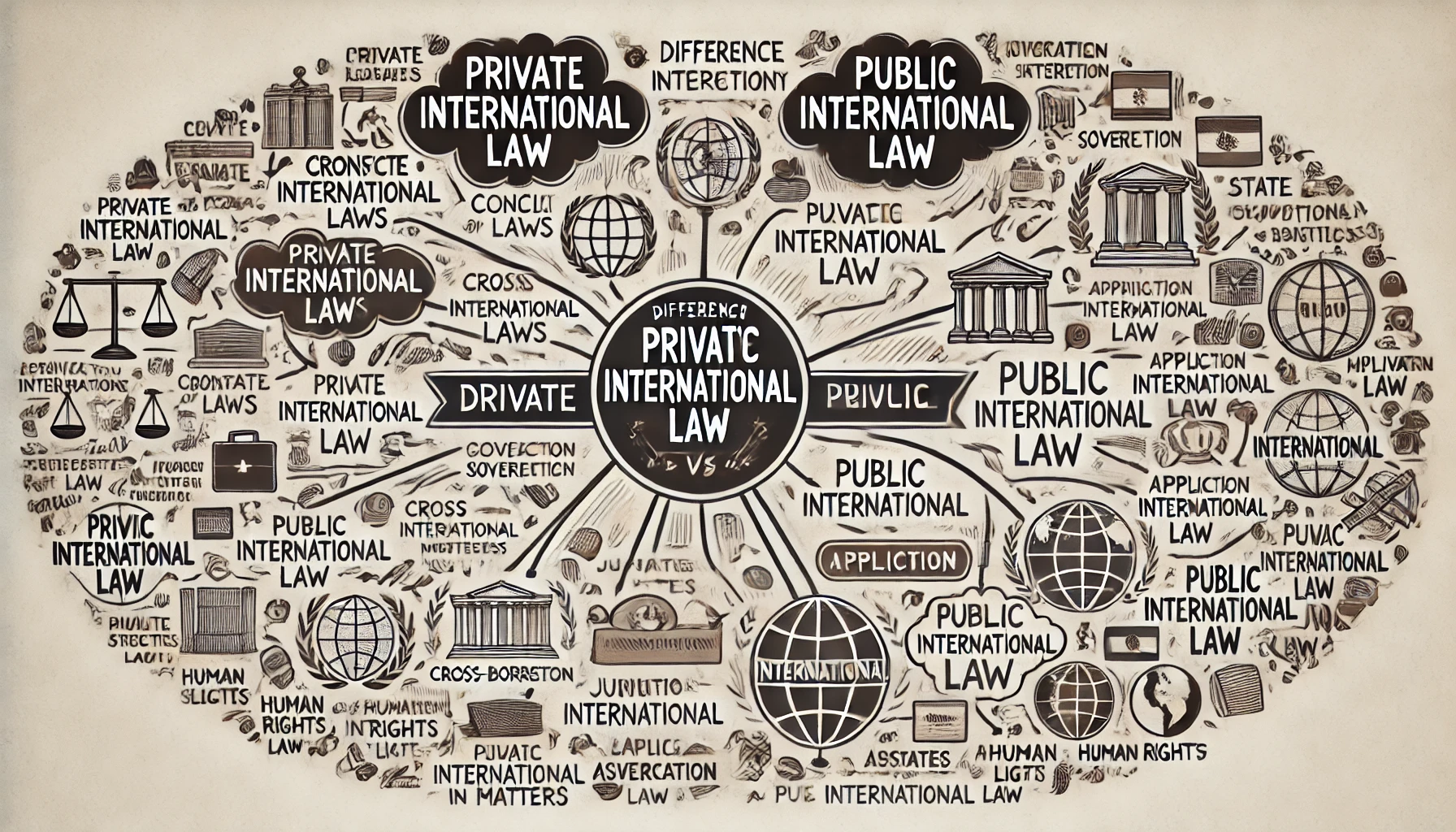
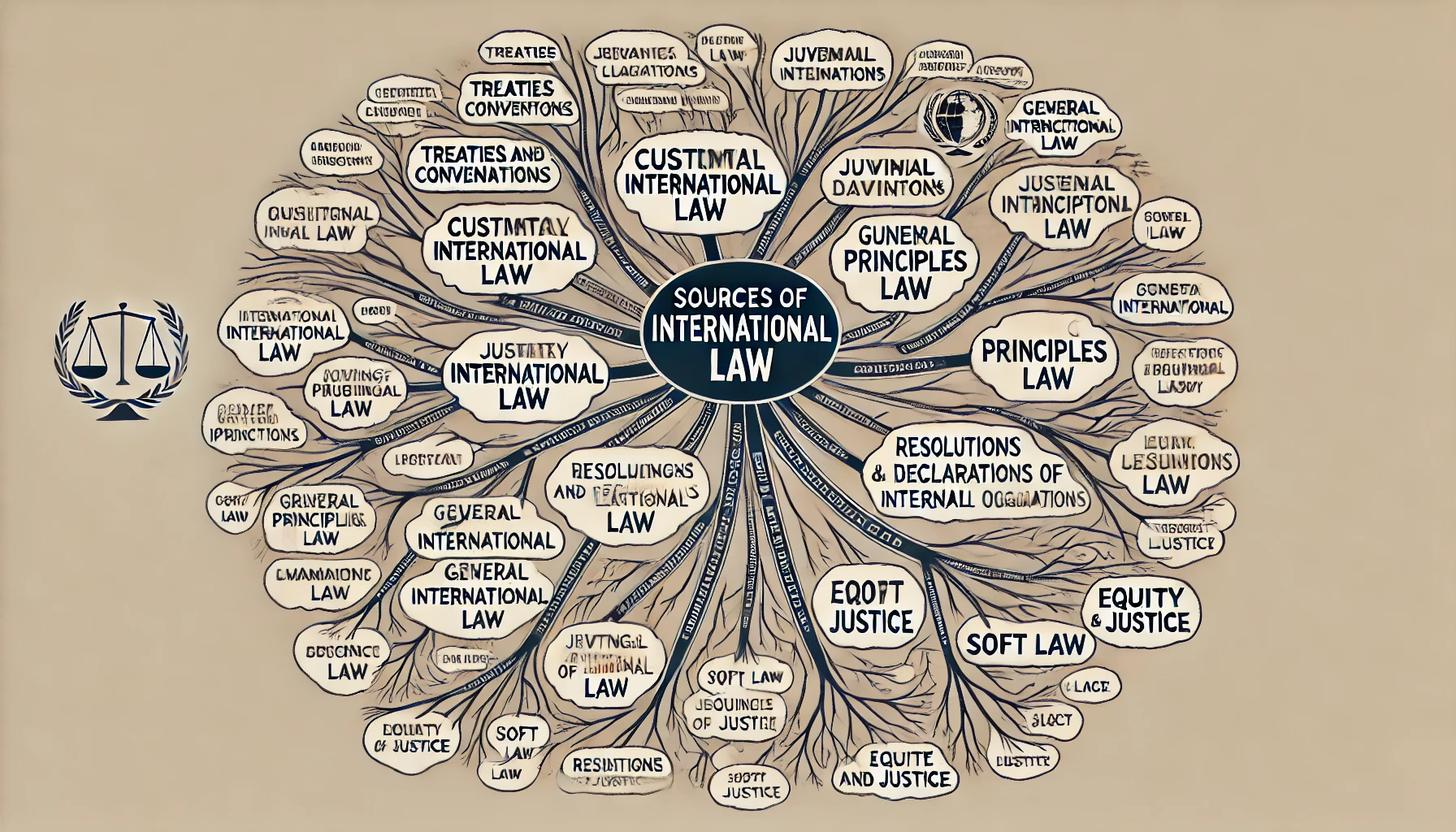
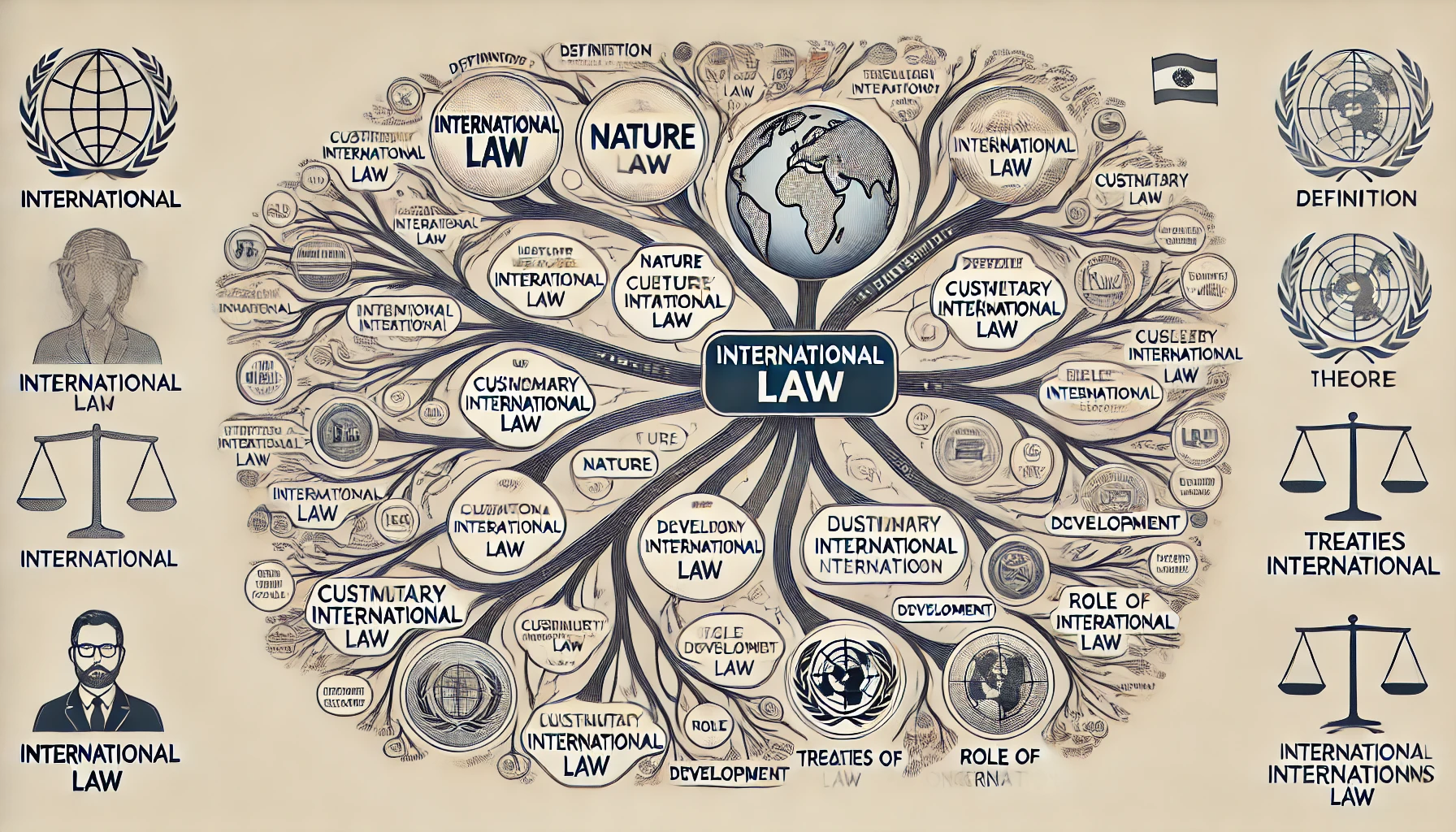
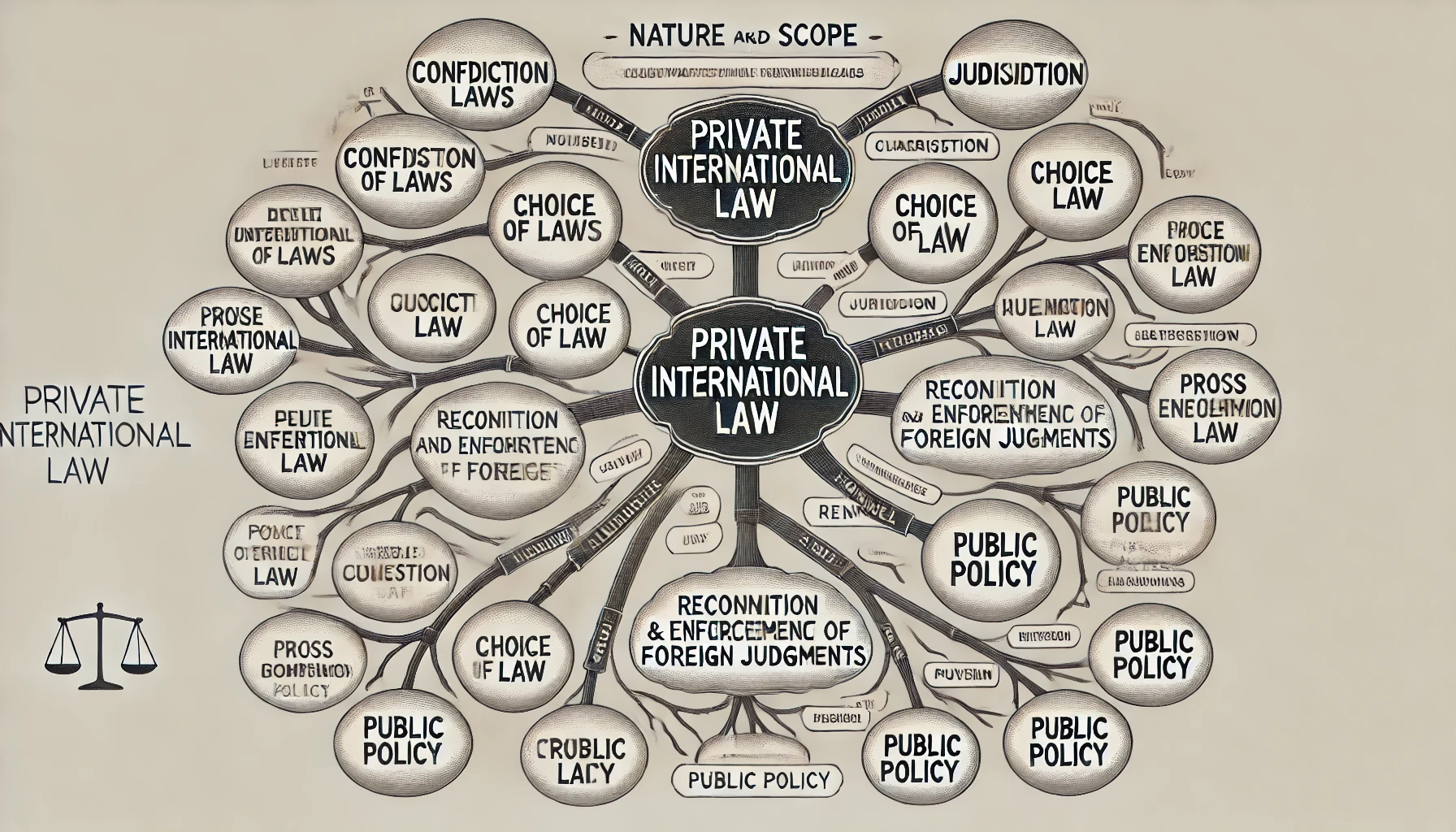


































































































Comment
Nothing for now